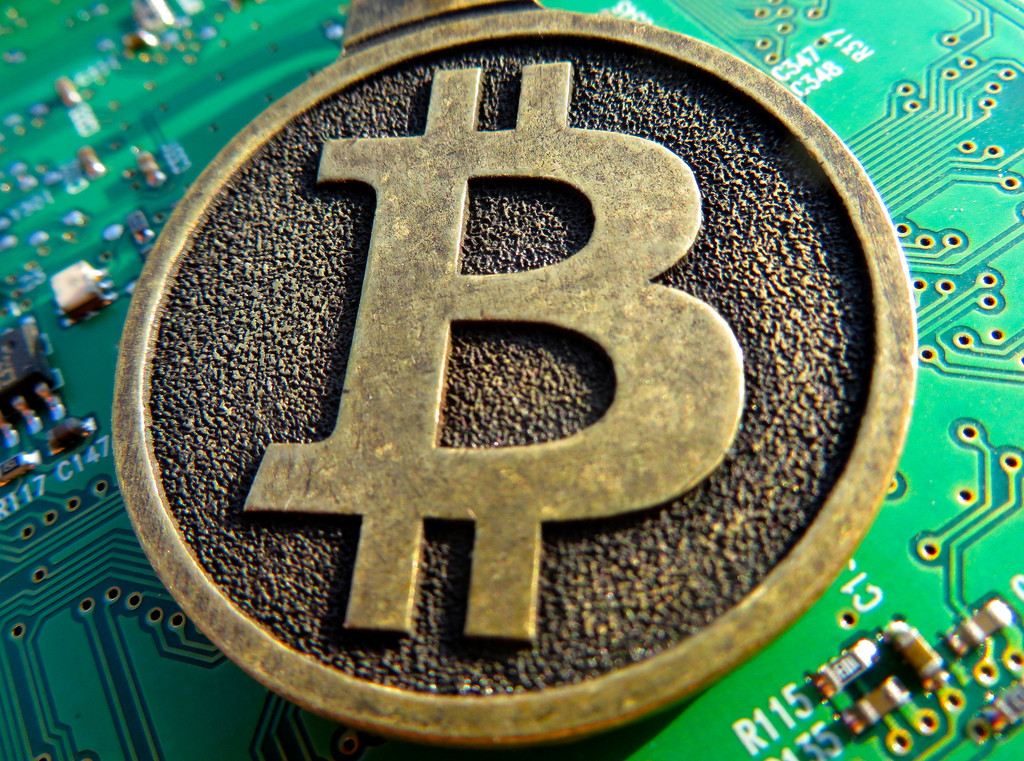Bitcoin is once again at its peak. Its recent upsurge has generated substantial attention in the past two weeks. Meanwhile, various other events have occurred on both the positive and negative side of the scale.
The price of Bitcoin has doubled since the beginning of the year, currently floating around USD 1,900 per Bitcoin. There are a few generally stated reasons why the virtual currency is on the rise. There have been recurring talks about the ETF (Exchange Trade Fund), which should ordinarily be traded on the larger exchange markets, meaning that bigger investors would have the opportunity to invest readily in Bitcoin. One request had already been declined, but there have been other initiatives that could turn out to be successful. I personally don´t think this will be the case because the new projects must satisfy certain conditions that have never been met before while their fulfillment would take excessive time with regards to the even greater use of Bitcoin. Anyway, we are free to speculate.
On the contrary, the main reason behind the surge in Bitcoin´s price is the increased usage of the cryptocurrency itself, especially in Japan, where new legislation recognizing Bitcoin as an official currency has been passed. The following mass implementation of the law was accompanied by people starting to use and invest in the new currency as a result of their distrust in the jen as a suitable investment. Traders and businesses began to accept Bitcoin en masse while new currency exchanges have been created. Eighteen companies have requested a licence to run their own exchange. One never knows whether any of the major exchange markets will fall (see the case of Mt. Gox) but we have to remain optimistic and rejoice over the fact that the price and use of Bitcoin are on a steady upswing.
Australia has taken a similarly positive stance on cryptocurrencies. In its budget proclaimed for 2018, the government is planning to tax Bitcoin with VAT merely once, in contrast to the hitherto applied standard of double-taxation whereby. consumers paid VAT both when buying cryptocurrencies as well as when shopping for goods with cryptocurrencies. This harsh practice prompted a drain of virtual currency startups from the country, a situation that should see its complete reversal from next year onwards.
Nonprofit organizations fighting for fewer regulations, have been (at least on the worldwide scene) gaining a more and more impactful voice and it fortuitously concerns the area of cryptocurrencies, too. A local Californian nonprofit organization called Electronic Frontier Foundation has managed to secure better legislation concerning cryptocurrencies for the second time in a row. California was twice expected to pass the so-called Bitlicense, which is a piece of legislation regulating virtual currencies. This organization prevented the implementation of such law both times, in 2015 and 2016, respectively. However, politicians are not giving up and are going to give it a try for a third time, and the Foundation is understandably not satisfied. They criticize the legislation as being too strict and divergent when compared to other States. They also fear its destructive potential as the law may suffocate all tendency to innovate in California within the concerned area of cryptocurrencies. Legislation focused on consumer protection (i.e. the case of Japan) is meaningful but excessive regulation or restriction is unnecessarily extinguishing a potential area from which the economy can benefit.
Cryptocurrencies also have a shady site, the so-called Darknet. These are the black markets of the Internet with all unauthorized and prohibited “goods”, including drugs. According to the largest Global Drug Survey, the percentage of cryptocurrency users in this field has annually increased from 4.5% to 6.7% in 2016. Bitcoin thus provides the possibility to buy drugs but anonymity is only partial since all transactions are registered on the Internet. Common currency exchange requires personal data in order to purchase Bitcoin for USD, therefore consumers can be easily tracked. However, various apps (also known as “blenders”) have been developed to prevent that from happening. These apps blend multiple payments from different addresses in order to hide and prevent the tracing of the buyer´s identity. However, they are currently considered to be overtly unreliable. Identity is rather concealed via the use of several cryptocurrencies, such as ZCash, Monero or Dash. All three are very popular (and not entirely due to Darknet but especially for the perks of anonymity) because they hide identity much better.
Translated by Adam Štrauch



